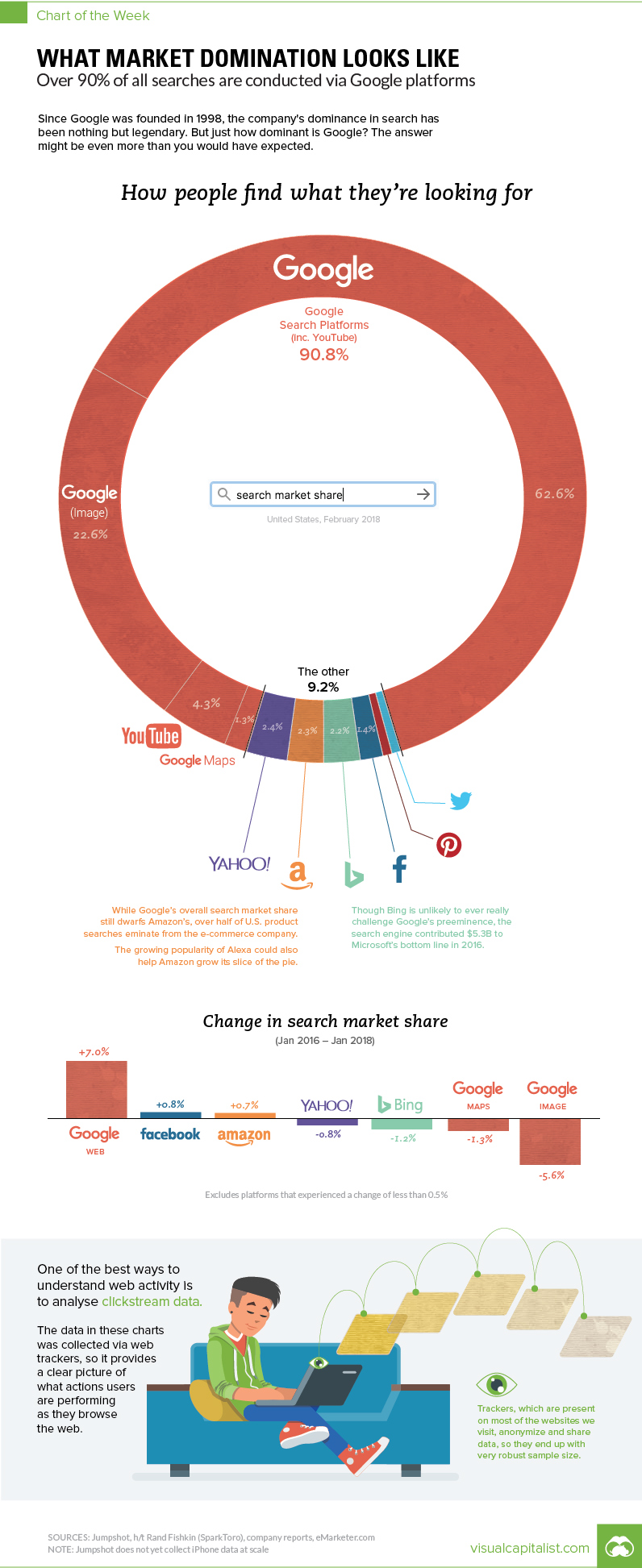
Google’s Strategic Leap: How Borrowing Overture’s PPC Model Propelled Its Dominance
Google, the behemoth of the digital age, has a lesser-known narrative about its financial engine’s origin. This isn’t just a story of technological innovation; it’s a saga of strategic adaptation and the pivotal decisions that transformed Google into a global powerhouse. It’s about how a model developed by Overture Services Inc. became the cornerstone of Google’s monetization strategy.
Overture: The Pioneers of Pay-Per-Click
In the late 1990s, Bill Gross, the founder of Overture Services, Inc. (originally known as GoTo.com), revolutionized digital advertising by introducing the pay-per-click (PPC) model. This model was simple yet transformative: advertisers would bid on specific keywords related to their products or services, and the highest bidder’s ad would appear at the top of the search results. This approach allowed advertisers to target their audience effectively and pay only when users engaged with their ads, marking a significant departure from the prevalent CPM (cost per thousand impressions) models.
Overture’s innovation laid the groundwork for what we now recognize as search engine marketing (SEM), a critical component of digital advertising strategies. By targeting user queries directly, Overture was able to offer advertisers unprecedented precision in reaching potential customers.
Google’s Early Search Innovation
Meanwhile, Larry Page and Sergey Brin were developing Google as a research project at Stanford University. Their primary innovation, the PageRank algorithm, improved the quality of search results by ranking web pages based on their relevance and the number and quality of links pointing to them. While this technological advancement set Google apart from its competitors, the company faced a significant challenge: monetizing its search engine effectively without compromising the user experience.
Google Adopts PPC: A Game-Changing Decision
In the year 2000, Google was at a crossroads, needing a sustainable business model that aligned with its goal of providing an uncluttered and efficient search experience. The founders were initially hesitant to use intrusive banner ads, the standard online advertising format at the time. Their solution came from observing the success of Overture’s PPC model. Recognizing its potential, Google decided to implement a similar strategy. This decision was not about copying but about enhancing a proven model.
Google launched AdWords (now Google Ads) in October 2000, which allowed advertisers to bid on keywords and display concise, text-based ads alongside search results. This system was designed to be less obtrusive, maintaining the integrity of the user experience while providing targeted advertising based on user searches. AdWords distinguished itself by integrating ads that were relevant and helpful, thus being far less disruptive than traditional online ads.
Check out this article.
Refining the Model: Google’s Innovations
Google’s adoption of the PPC model was just the beginning. The company soon introduced several innovations that refined the concept pioneered by Overture. These included the introduction of quality scores, which considered the click-through rate and relevance of ads, thereby ensuring that higher-quality ads cost less to display. This move improved the ecosystem by rewarding well-targeted, user-friendly advertising.
Moreover, Google expanded its advertising reach beyond search results through the Google Display Network and YouTube, creating a vast digital advertising empire. The company continuously optimized its algorithms to improve ad relevance and user satisfaction, further cementing its market dominance.

The Acquisition and Legacy of Overture
While Google was perfecting and expanding its ad platform, Yahoo acquired Overture in 2003, recognizing the value of its search advertising model. However, Yahoo struggled to integrate and evolve the PPC model effectively, whereas Google continued to innovate and dominate the market.
Today, Google Ads remains a pivotal element of Google’s revenue model, powering its expansion into new services and technologies. The legacy of Overture’s PPC model lives on through Google Ads, illustrating how strategic adaptation of existing ideas can lead to industry-wide revolutions.
Conclusion: Lessons from Google’s Strategic Adaptation
Google’s journey from a university project to a tech titan offers crucial lessons about innovation and strategic thinking. By adapting Overture’s PPC model, Google not only solved its monetization challenge but also set a new standard for digital advertising. This story highlights the importance of being open to external ideas and the value of refining and adapting successful models to one’s unique context.
Google’s strategic decisions around AdWords exemplify how understanding and improving upon existing concepts can lead to extraordinary success and industry leadership. For businesses and innovators alike, Google’s story is a testament to the power of strategic adaptation and the endless possibilities it holds in shaping the future.


